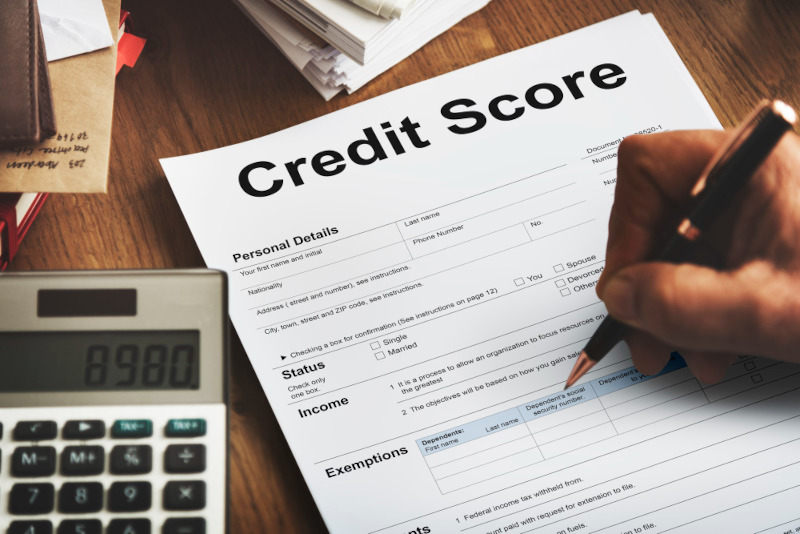Last updated on November 25th, 2023 at 09:26 pm
Having poor credit can be a challenging situation to navigate. It can impact your ability to secure loans, obtain favorable interest rates, and even affect job opportunities. To effectively manage your financial health, it is crucial to monitor your credit report regularly. In this blog post, we will delve into the reasons why monitoring your credit report is of utmost importance, particularly when you have poor credit.
Identifying Errors and Inaccuracies that may Contribute to Poor Credit
When you have poor credit, your credit report becomes even more significant. Regularly reviewing your credit report allows you to identify errors or inaccuracies that may be adversely affecting your credit score. These errors could include incorrect personal information, fraudulent accounts, or inaccurate payment histories. By promptly addressing and disputing these errors, you can prevent further damage to your creditworthiness.
Tracking Progress and Improvements
Monitoring your credit report provides you with a clear picture of your financial progress over time. With poor credit, it may take considerable effort and time to improve your credit score. By monitoring your credit report, you can observe the impact of your financial actions, such as making timely payments or reducing debt. This visibility helps you stay motivated and focused on your credit repair journey.
Early Detection of Identity Theft
Individuals with poor credit may be more vulnerable to identity theft and fraudulent activities. Monitoring your credit report helps you detect signs of identity theft at an early stage. Unfamiliar accounts, suspicious inquiries, or sudden drops in your credit score can all be indicators of fraudulent activity. By spotting these red flags promptly, you can take immediate action to protect your credit and mitigate the potential consequences.
Strengthening Financial Planning
Monitoring your credit report serves as an invaluable tool for financial planning, especially when you have poor credit. It allows you to identify areas where you need to make improvements and take proactive steps to address them. By understanding the factors impacting your credit, such as high utilization rates or missed payments, you can develop effective strategies to rebuild your creditworthiness and regain financial stability.
Navigating Loan Applications
When you have poor credit, obtaining loans can be a daunting task. Lenders use your credit report to assess your creditworthiness and determine the terms and conditions of a loan. By monitoring your credit report, you gain insights into how potential lenders perceive your creditworthiness. This knowledge helps you make informed decisions regarding loan applications, ensuring that you approach lenders who are more likely to consider your circumstances.
Conclusion
With poor credit, monitoring your credit report is essential for safeguarding your financial well-being. It empowers you to identify errors, track progress, and detect signs of identity theft. Moreover, regular monitoring aids in financial planning and streamlines loan applications. By actively monitoring your credit report, you take control of your creditworthiness, paving the way for improved financial opportunities in the future. Remember, knowledge is power, and by staying informed, you can take the necessary steps to rebuild your credit and attain a stronger financial future.
